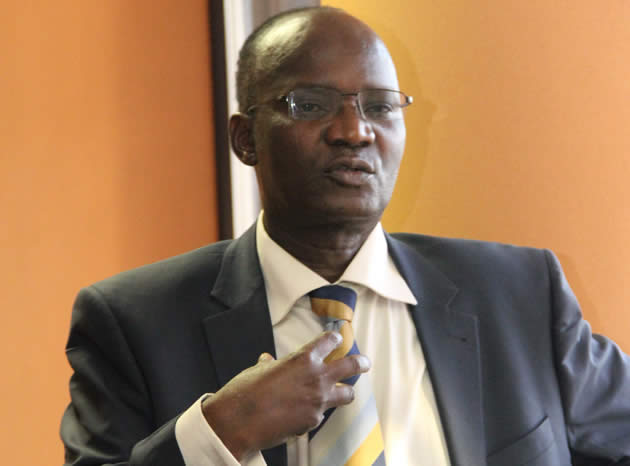- WICKNELL CHIVAYO left school at 15
- DISGRUNTLED Zimbabwe police stage uniform protest.
- MNANGAGWA wife Auxillia drops charges against nine women who boed her in Manicaland
- O.J. Simpson dies of cancer , aged 76.
- South Africa ANC is the cause of ZIMBABWE troubles claims Zimbabwe opposition politician Job Sikhala
‘Zanu PF infighting and wave of civil unrest, stifle smooth policy implementation and development’-Jonathan Moyo

ZANU PF politburo member and Higher Education minister Jonathan Moyo has blamed the current wave of civil unrest and Zanu PF’s endless factional fights for stifling the smooth implementation of various policy initiatives and bringing government business to a standstill.
Addressing Bulawayo journalists at the weekend, Moyo, the Tsholotsho North MP, said Zanu PF’s unending succession politics and the recent wave of anti-government demonstrations had frustrated efforts to implement government’s ZimAsset programme adopted in 2013.
“Even though it is a long time (before we have the next elections), we must accept that this period ahead of us is shorter than the period behind us,” he said.
“It is important to look at the period behind us to know what to do ahead of us. What is clear is the government has not had a policy space to implement its promises to the electorate. Despite having a two-thirds majority and a huge majority in Parliament, we haven’t had a required policy space.
“You will recall that after the adoption of the policy document in October 2013; in October 2014, if you want you can say December 2014, instead of the system
being of a single mind, in a cohesive and determined way, and benefitting from a clarity of the policy, we started seeing developments that gave the impression that there would be an election the next day.”
Moyo said as much as this seemed like internal developments, in hindsight, it was clear it had a strong national impact in terms of policy.
“Basically, what we can now define as the (Zimbabwe People First leader Joice) Mujuru factor emerged and caused a lot of problems. This was the first major attack that shrunk the policy space. It was all about power grabbing, the cabal, that associated with it, were preoccupied with power grabbing, which is very dangerous a day after an election,” he claimed.
“Instead of supervising success, they were brewing failure. Stones were being thrown against indigenisation, for example. The greatest stones thrown against indigenisation were between October 2014 and December 2014, despite the fact that this was a policy that had won an election.”
Moyo said after the Zanu PF December 2014 congress and the expulsion of Mujuru and her sympathisers from Zanu PF, the ruling party faced a new wave of “successionist” politicking centred around who would succeed the 92-year old President Robert Mugabe.
“Instead of being followed by a new spirit that says let us go ahead, the subsequent period was also followed by paralysis. After the December 2014 congress, what became the issue was whether there are residual Mujuru cabals (within the party), that is part A. Part B was the emergence of new succession politics,” he said.
“If the other era was about weevils and gamatox; the next one was defined by successionists, which has lasted longer than the Mujuru cabal. This one of the successionists was surprising because we all expected to rally behind a leader, who had majority votes.”
Meanwhile, Moyo also called for an honest and robust public debate on devolution of power, saying ordinary citizens had a better understanding of the principle than government officials.
Moyo told journalists and civil society organisations (CSOs) at the weekend that their understanding of devolution was different from that of villagers in his Tsholotsho North constituency.
“No one (in Tsholotsho) discusses devolution the way you do,” he said. “They just don’t want everything to be done in Tsholotsho centre, they want us to devolve into wards. I have realised that people, mostly government workers, who start talking about Lupane, Bulawayo and Harare, want power.
“Their sense of devolution is not the same as that of people in wards. There is a false discussion about devolution, where (government) officers just want power. If you want to call that devolution, well that’s fine.”
Moyo said people’s idea of devolution was that there was need for leaders to work hard in improving remote areas.
“We must work very hard to make Tsholotsho a town, which will create opportunities for Sipepa or Dlamini to be new centres. People want that,” he said.
Moyo also expressed his misgivings about the country’s media.
“Our media align themselves to people, who dish out whisky and write things that have nothing to do with the news,” he claimed.
“There is something fundamentally wrong with the media in Zimbabwe. Unless and until the media tell the story from a professional point of view, we are in trouble in this country.” By Khanyile Mlotshwa. source-newsday